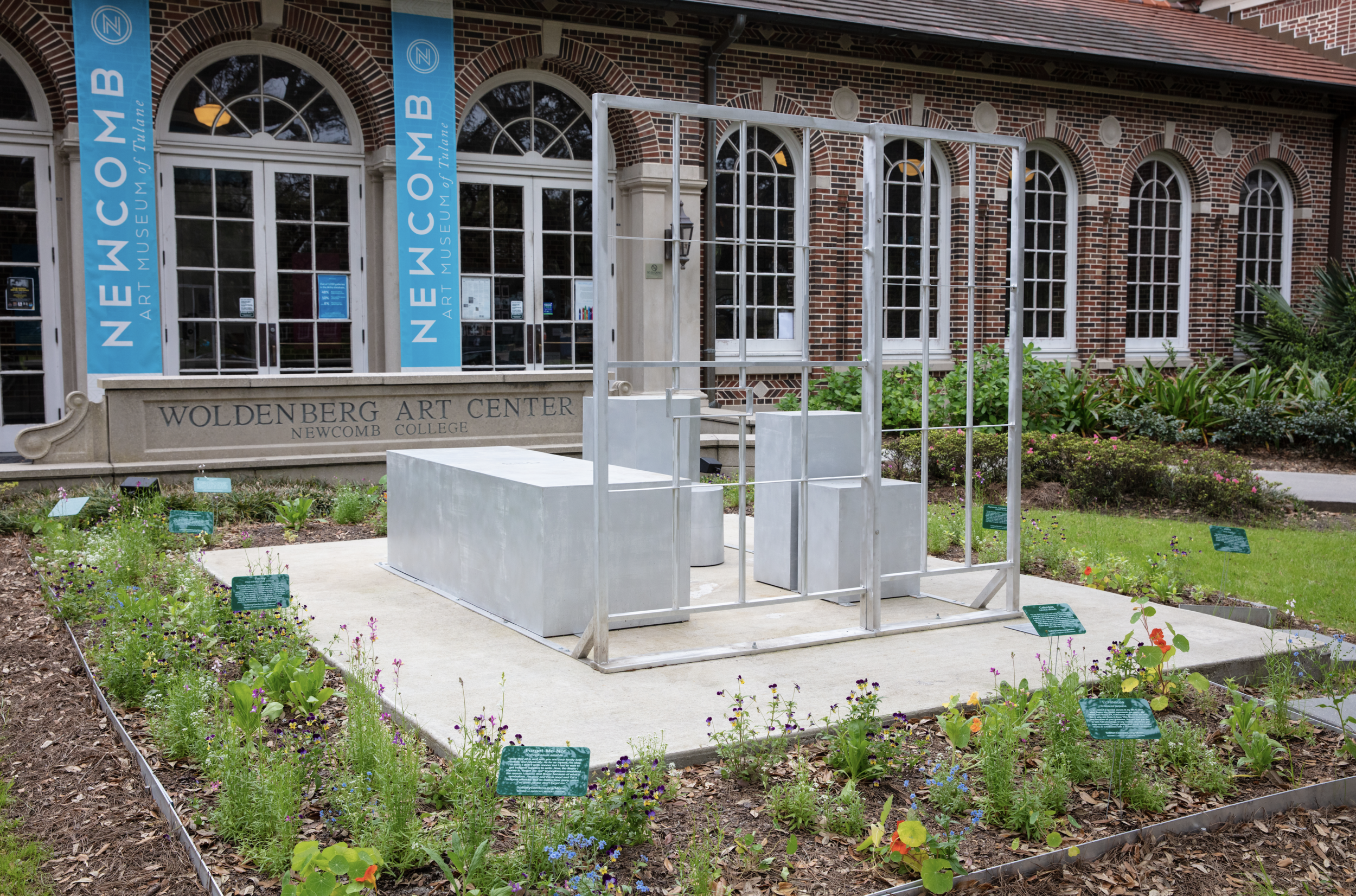“I was induced early. I had the baby six weeks early to not have her born in a federal prison. I had a three-year-old daughter who had never left my side, not for a moment, and I remember her asking me, ‘Are you coming back?’… I always wanted to be there for my children, like nobody had been there for me. Being that person, took all that away. In an instant. I didn’t see them for ten months.” – Tremica Henry
A Staggering Statistic
“I was induced early. I had the baby six weeks early to not have her born in a federal prison. I had a three-year-old daughter who had never left my side, not for a moment, and I remember her asking me, ‘Are you coming back?’… I always wanted to be there for my children, like nobody had been there for me. Being that person, took all that away. In an instant. I didn’t see them for ten months.” – Tremica Henry, PerSister
“Put simply, we know that when we incarcerate a woman we often are truly incarcerating a family, in terms of the far-reaching effect on her children, her community, and her entire family network.” – former US Attorney General Loretta Lynch
The impact of incarcerating women extends far beyond the more than 200,000 women in prisons and jails – it extends to their children and community in general. Nearly 80% of women in jails are mothers1, many of them the sole caregiver for their minor children.[i] Five million children (7% of children nationwide) have had a parent incarcerated.[ii] Incarcerated parents are 29.6% more likely to lose their children to infant death than non-incarcerated parents[iii], and incarcerated mothers are more likely to have their children be kept back in school and/or drop out of school in the years immediately following their incarceration.[iv] The long term impact is also severe: children of imprisoned mothers are more likely to experience arrest, conviction, and incarceration once they reach adulthood.[v]
Prisons and jails often fail to provide basic pre-natal and post-partum care to pregnant women. In 2015, 6% of incarcerated women in Louisiana prisons and jails were pregnant, consistent with national trends of 6-10% of women admitted to jails and prisons .[vi] Nationally, the American College of Obstetricians and Gynecologists estimates that 6-10% of imprisoned women are pregnant and, due to the prevalence of prior medical and mental health conditions, often experience high-risk pregnancies.[vii] In nearby Jefferson Parish in 2017, an incarcerated woman reports she was forced to give birth alone in her cell and at least two women have miscarried without medical attention in the jail since 2014.[viii] Louisiana is one of 22 states, as of early 2018 to prohibit the shackling of pregnant women during labor, except when ordered by a medical provider and security concerns are present.[ix]
Parenting while an incarcerated mother is similarly difficult. Maintaining mother-child relationships entails high financial costs, from expensive transportation to geographically isolated prisons and jails to the high cost of collect phone calls. Despite the well-documented benefits of in-person visitation, Orleans and Jefferson parishes, and increasingly nationwide, video visits are the only form of visitation offered.[x] Incarcerated mothers have five times higher risk of their children ending up in foster care than children of incarcerated fathers.[xi] Accordingly, mothers, as sole caregivers for their children, are also more likely to lose their parental rights under the Adoption and Safe Family Act of 1997 (ASFA). This federal law requires child welfare agencies to initiate parental termination proceedings for any child remaining in foster care for 15 out of 22 months.[xii]
A Garden For Incarcerated Moms
“Solitary Gardens utilizes the tools of prison abolition, permaculture, and creative practices to facilitate unexpected exchanges between incarcerated people in solitary confinement and folks on the ‘’outside.” In this project, garden beds are designed and remotely “gardened” by incarcerated collaborators, known as Solitary Gardeners, though written and photographic exchanges with volunteers.
A Solitary Garden for Incarcerated Moms, on view outside at the museum entrance, is a collaboration with dozens of presently incarcerated women in Louisiana who identify as mothers. Plants nurtured here represent specific people introduced to the project via formerly incarcerated community members. The central 6’x9’ aluminum frame of this sculpture maintains the blueprint of a standard U.S. solitary confinement cell.
The twelve flowers in this project were chosen for their hardiness in our region’s growing zones. Incarcerated mothers were encouraged to each choose one flower meaningful to them. Many shared their reasons with us, an exchange we treasure deeply.”
- jackie sumell
A Solitary Garden for Incarcerated Moms is installed in front of the museum in the Newcomb Pottery Garden dedicated in memory of Judith Henkin.





